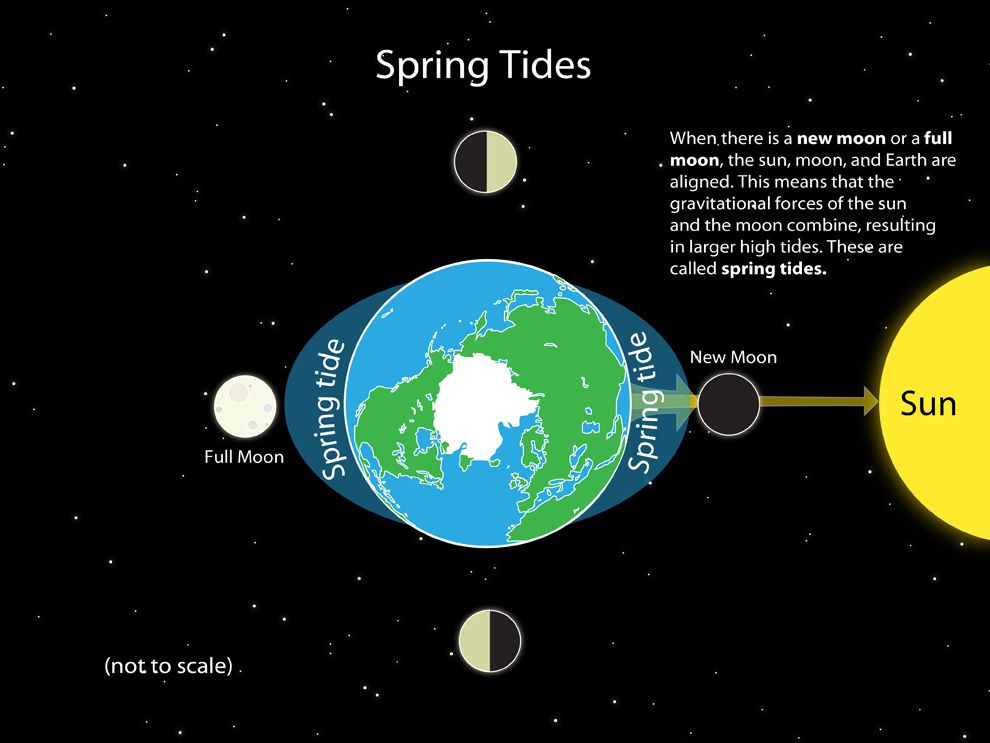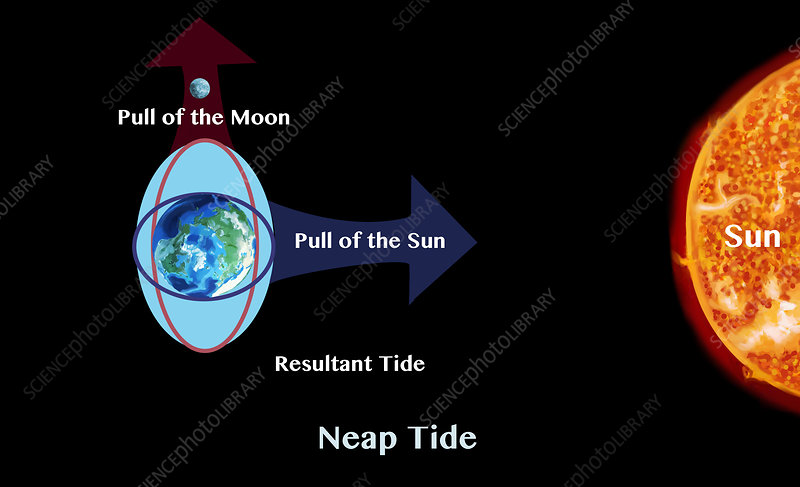Marine Bio/Oceanography
1/31
Earn XP
Description and Tags
this might not cover everything
Name | Mastery | Learn | Test | Matching | Spaced | Call with Kai |
|---|
No analytics yet
Send a link to your students to track their progress
32 Terms
What moves water?
tides, wind currents, temperature
how tides move water
2 high tides and 2 low tides a day
created by the gravitational pull of the moon
how wind moves water
blows surface water
creates global gyres
how temperature moves water
warm water rises
cold water sinks
tsunamis
caused on the subducting plate of a convergent boundary
caused by two convergent plates slipping past each other/snapping in place
seven benefits that the oceans provide for humans
medicine (ingredients)
transportation of goods
climate regulation (temperature, CO2 absorption)
recreation (swimming, surfing, jet skiing)
economy (fishing/food industry)
food (fish, mollusks, algae products)
marine biology
the study of life in the ocean
oceanography
the study of the physical structure and formation of the ocean
sonar mapping
the use of sound waves to find the distance that certain things are from where the sound came from (makes images of the seafloor)
sampling and collecting
oldest method of studying the ocean, samples are collected and observed in tanks
SCUBA
self-contained underwater breathing apparatus, observing in the natural environment
submersibles
remote manmade tiny ships, used to find the titanic
marine labs
research centers for marine life, where scientists collaborate
spring tides
exaggerated tides where the difference between high and low tide is the largest
cause by the sun and moons gravitational pulls combined
occurs 2 times/month

neap tide
where the difference between high and low tide is the smallest
caused by the sun and moons opposing gravitational pulls
occurs 2 times/month

ocean gyres + main causes
a whirlpool of water of different temperatures in the ocean caused by global currents
divergent boundary
plates moving away from each other, leading to molten rock being pushed up and creating mountains
found in atlantic ocean, around africa, through indian ocean, northern pacific
transform boundary
plates move horizontally against each other
found scattered everywhere, saint andreas fault
causes earthquakes
convergent boundary (oceanic-continental)
plates move towards each other, one gets forced under the other upon collision, when a plate above earth collides w/ an underwater plate
causes volcanic activity, ring of fire
oceanic plate is denser - it will always go under
convergent boundary (continental-continental)
2 plates collide, one gets forced under the other
nepal, himalayas, causes mountains
mid ocean ridge
under water mountain range made from magmatic pressure under crust
trench
deep crevice in earth formed @ subduction point of convergent boundary
volcanic arc islands
formed when 2 plates collide + subducting plate melts and forms volcanos on overriding plate
continental shelf
the flat part of the continental crust that is underwater but shallow. forms at edge of landmass
oceanic crust
crust under ocean
continental crust
crust under continent/landmass
abyssal plains
flat area of the deep seafloor
guyot/seamount
underwater mountain w/ flat top
deep sea creatures
barreleye fish, black sea devil anglerfish
bathymetric map
“bathymetric maps illustrate the land that lies underwater. Variations in sea-floor relief may be depicted by color and contour lines called depth contours or isobaths.”
bioluminescence
light used in the deep sea to help communicate with other creatures and attract prey
what color doesn’t show up underwater
red